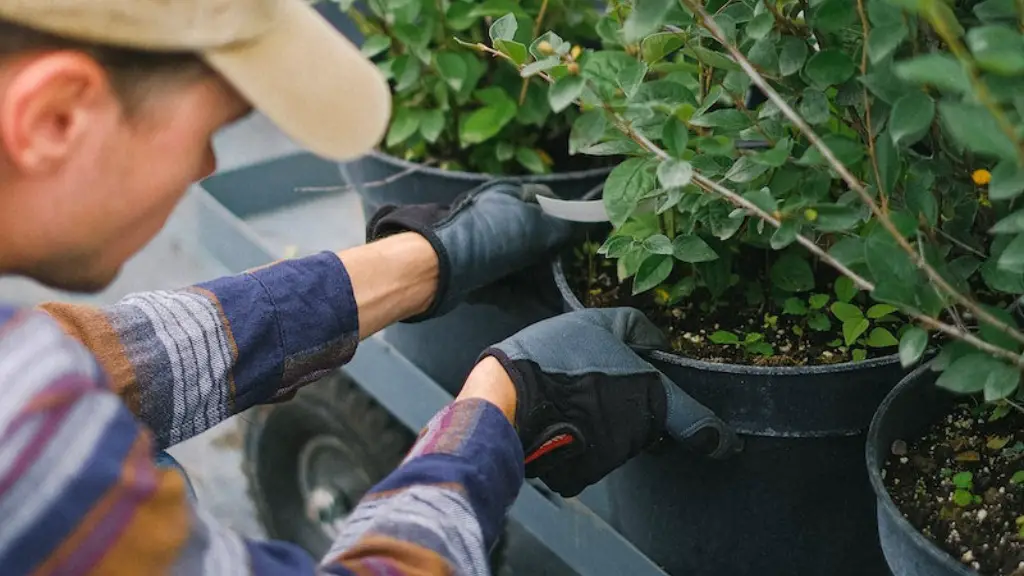Global warming is one of the most pressing and alarming issues the world is facing today. Between the rise in temperatures around the world, the melting of polar ice caps and the unpredictability of extreme weather events, it’s reasonable to assume that temperatures are rising. This phenomenon is largely caused by humans, and as such, it’s also reasonable to assume that steps must be taken to curb the effects of global warming before it’s too late. In order to minimize the progress of global warming, it is necessary for industries and governments around the world to cooperate in the implementation of measures to reduce emissions, promote sustainability and explore alternative energy sources.
The first step to combating global warming is to reduce emissions. While individual consumers can adjust their lifestyles to be more sustainable and reduce their own emissions, it is the responsibility of industries and governments to take meaningful steps to reduce emissions on a larger scale by regulating fuel-burning businesses and promoting sustainable energy sources. This can be done by implementing taxes on industries that produce high levels of emissions, incentivizing businesses to switch to renewable energy sources and investing in public transportation.
Secondly, energy efficiency should be improved and energy consumption should be monitored. Governments should strive to create laws and regulations that require industries to adopt strategies that significantly reduce the amount of energy used to produce products and services, as well as mandate minimum standards for household insulation and appliance efficiency. Furthermore, being aware of the amount of energy we use on an individual level and actively trying to reduce consumption can help significantly reduce the total energy usage of a country.
Thirdly, individuals and organizations can begin to promote and invest in clean energy sources, such as solar and wind power. This transition to renewable energy sources will not only help reduce emissions, but it can also reduce energy prices, helping to make clean energy sources more accessible and appealing to consumers. The transition to renewable energy may also lead to the development of new industries and technology that could lead to further economic growth.
Finally, actions can also be taken to protect forests, wetlands, land and wildlife which help to naturally reduce the effects of global warming. Planting more trees in urban and rural areas can help reduce the levels of carbon-dioxide in the air, and development laws can help stop deforestation and provide areas for nature to thrive. Additionally, investing in conservation projects that focus on studying the effects of global warming and preserving ecosystems can help us learn more about the effects of global warming, as well as how we can best protect our environment.
Ultimately, it is up to governments, organizations and individuals to work together to promote green energy sources, reduce emissions and conserve natural resources if we are to combat global warming. Through thoughtful regulation, strategic investment, responsible consumerism and responsible development practices, effective steps can be taken to ensure the health of our planet for years to come.
One thing is clear: global warming is real and it’s happening faster than most of us realize. While it may seem like a daunting challenge, with the right actions and collaboration, it can still be possible to reduce the effects of global warming and create a healthier, more sustainable planet for future generations.

